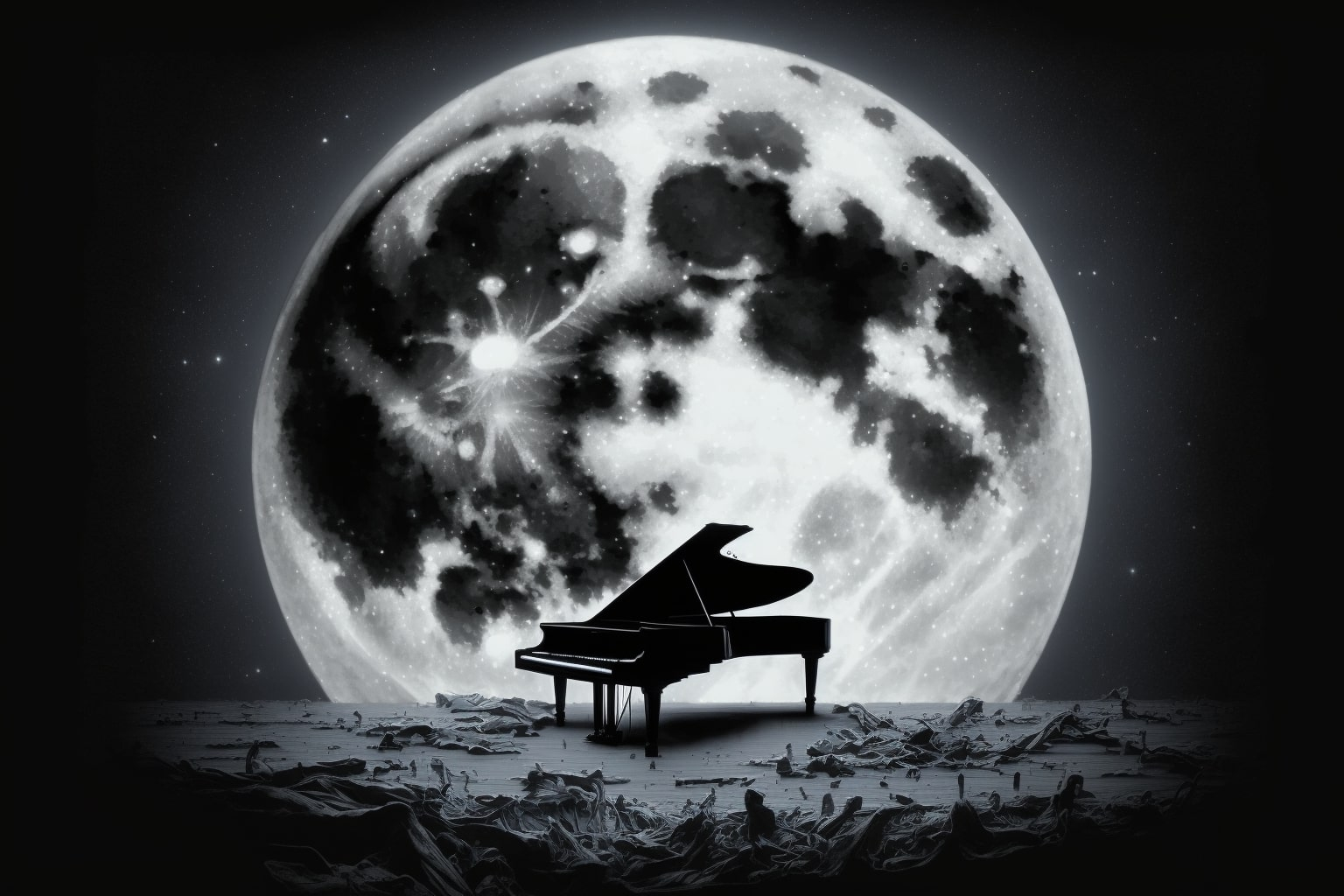Clair de lune - Claude Debussy

"Clair de Lune" is a solo piano composition by French composer Claude Debussy. It was composed in 1890, and was part of a larger work called "Suite bergamasque". The musical style of "Clair de Lune" is characterized by its impressionistic approach, with a delicate and romantic melody that captures the ethereal beauty of the moonlit night. The piece features a slow and dreamy tempo that creates a sense of tranquility and introspection.
Inspiration and Story
The inspiration behind "Clair de Lune" is not clear, but the piece has been interpreted as a musical representation of the beauty and mystery of the moonlit night. The piece tells the story of a night-time journey, with its delicate and romantic melody capturing the sense of wonder and magic that comes with the experience. The emotions evoked by the piece are complex and varied, with moments of joy, sadness, and reflection throughout.
Popularity and Significance
"Clair de Lune" is one of Debussy's most popular and enduring works, and has been recognized as an iconic masterpiece of classical music. The piece has been featured in numerous movies, television shows, and commercials, and has captured the hearts of listeners around the world. Its delicate and romantic melody, combined with its slow and dreamy tempo, has made it a staple of impressionistic and romantic music, and has helped to define the genre for a new generation of listeners.
Conclusion
"Clair de Lune" is a beautiful and timeless piece of music that has captured the hearts of millions of listeners around the world. Its delicate and romantic melody, combined with its slow and dreamy tempo, has made it one of Debussy's most beloved works, and has helped to define the impressionistic genre for a new generation of listeners.
- Impressionistic and romantic approach
- Delicate and romantic melody
- Musical representation of the beauty and mystery of the moonlit night
- Featured in numerous movies, television shows, and commercials
- Recognized as an iconic masterpiece of classical music
Publication date: 17. 02. 2023


